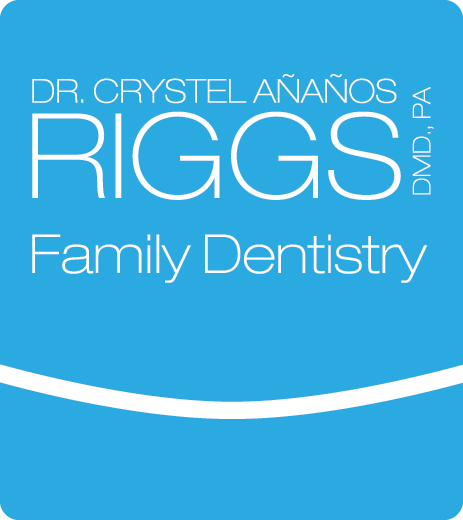The chief cause of periodontal disease is bacterial plaque, a sticky colorless film that constantly develops on the teeth. This plaque eventually hardens into a substance called “tartar” (or calculus). If bacterial plaque is not removed daily through brushing and flossing, it hardens into tartar that creates toxins irritating to the gums. This constant irritation eventually causes the deterioration of the gum fibers, which fuse your teeth and gums together. Additionally, these toxins are capable of producing periodontal pockets, making your gums even more vulnerable to added build-up of bacteria. As gum disease progresses, the periodontal pockets extend deeper into the tissue, creating a pathway for bacteria right into the bone that holds the tooth in place, which the bacteria destroys. The infected tooth will eventually break, fall out, or require removal.

